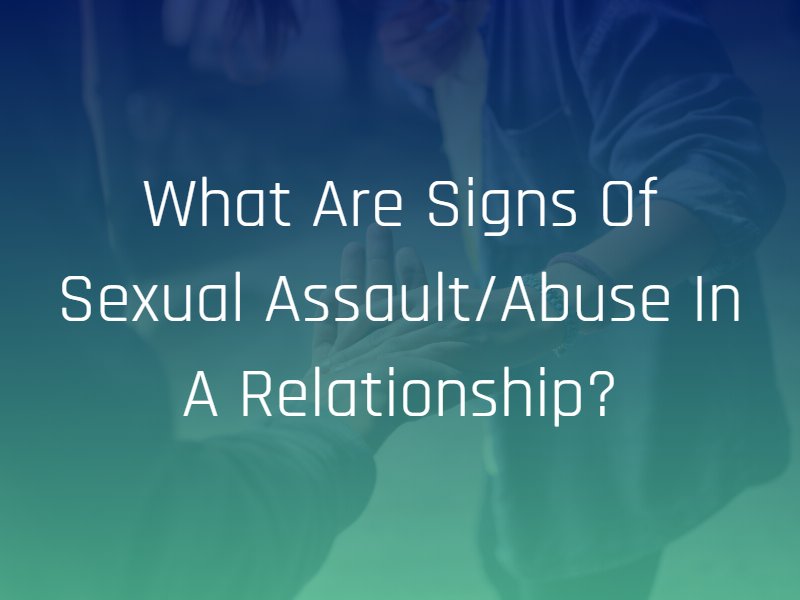Sexual violence in an existing relationship can be easy to hide or deny. Many survivors of this type of abuse may not realize that it is occurring because their abuser may apologize, blame the survivor for their actions, or make the survivor believe that this is normal behavior. Some subtle signs of sexual assault and abuse in a relationship may include the following.
#1: The Presence of Force, Coercion, or Guilt During Sex
Consent should always be free, informed, and enthusiastic. Your partner should never force you to have sex or wear you down to the point where you give in and engage in sexual activity. In addition, if your partner makes you feel guilty about having sex with him or her, this is also a major red flag.
Anyone can commit sexual assault — even if he or she is sexually assaulting a current partner or spouse. Being in a relationship does not automatically provide consent, and if your partner is making you have sex when you don’t want to, it is sexual assault.
#2: Tampering with Birth Control
You have the right to control whether or not you want to have a child. Taking birth control pills or using condoms or other contraceptives during sexual activity is your right. If your partner is tampering with your birth control pills, hiding or poking holes in condoms, or refusing to use birth control during sex, he or she is committing sexual assault. Secretly taking a condom off during sex is another form of sexual assault.
#3: Sexual Activity While Incapacitated
Since consent must be free and informed, you cannot provide consent if you are physically or mentally unable to. If your partner is engaging in sexual activity with you while you are sleeping or otherwise unable to communicate consent, he or she is committing an act of sexual assault.
This rule also extends to situations where you are too drunk or high to consent to sexual activity. If your partner pressures you to drink or use drugs in order to make it easier to pressure you into engaging in sex, this is a form of sexual assault.
#4: Unwanted Sexual Touching
You have the right to dictate when someone touches your body, and this rule extends to your partner. If your partner inappropriately touches you after you have told him or her not to, does not stop when you tell him or her to stop, or you are afraid of telling him or her to stop out of fear of violence or retaliation, this is an act of sexual violence. Your partner should always respect your bodily autonomy and stop touching you when you ask him or her to.
#5: Forcing You to Dress in a Sexual Way
You deserve to have autonomy over your entire body — including your clothing choices and what you look like. If your partner tries to force you to dress in a certain way, change aspects of your body that you do not want to, or to go out in public wearing inappropriate clothing, this is an indicator of sexual abuse.
If you believe you are experiencing sexual assault and abuse in your relationship, help is available. Call the National Domestic Violence Hotline to find help in your area at 1-800-799-7233. After you seek support, contact a sexual assault lawyer with experience advocating for victims’ rights to discuss your legal options.

